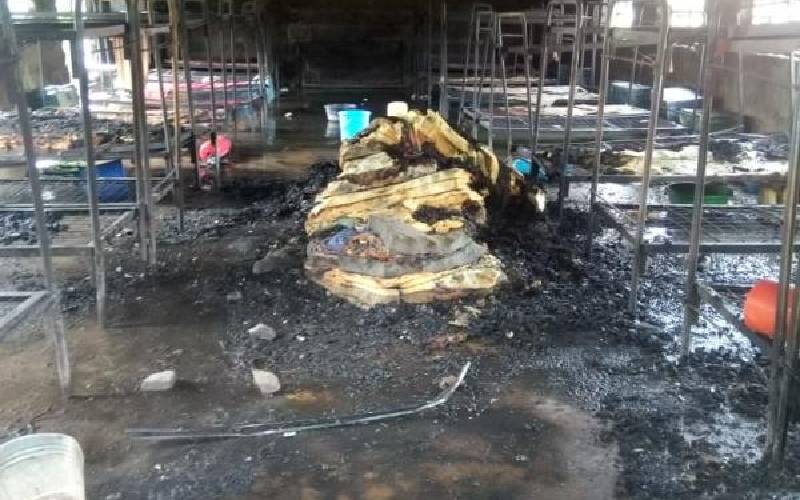×
The Standard e-Paper
Home To Bold Columnists

Dormitories in more than 35 high schools have been torched this term alone. The latest cases include Sigalame High School, Buruburu girls, Maranda, Chavakali Boys, Mukumu Boys, Mwala Girls, Ofafa Jericho High School, Vihiga Boys, Kahuhia Girls, Kijabe Boys and Malindi High School.